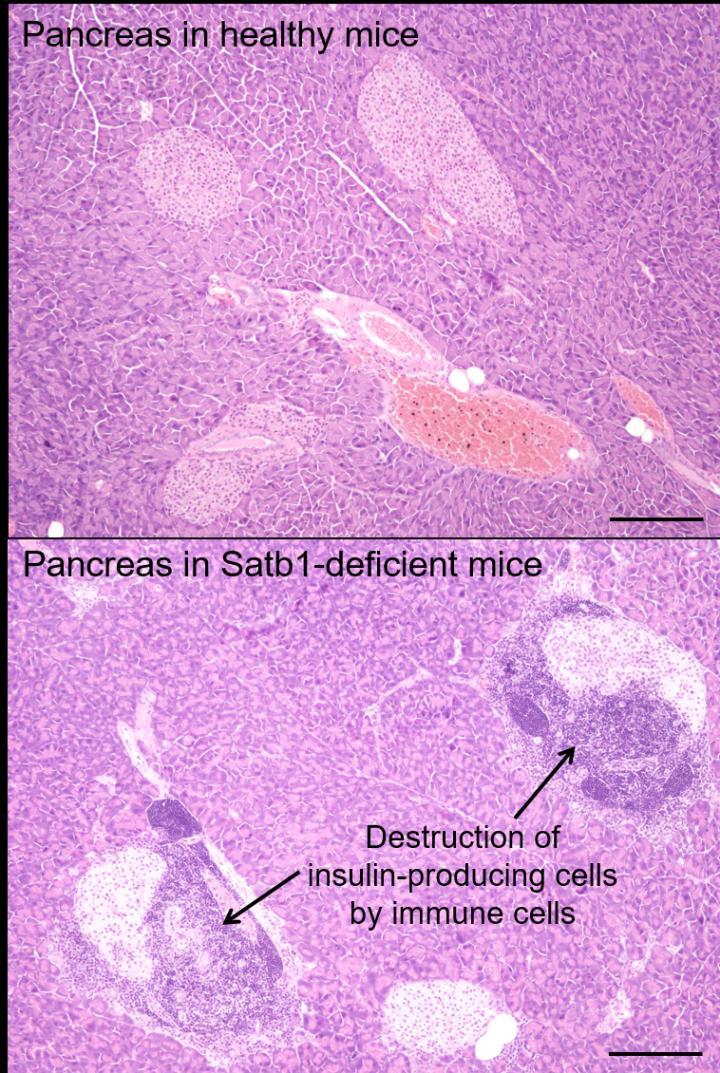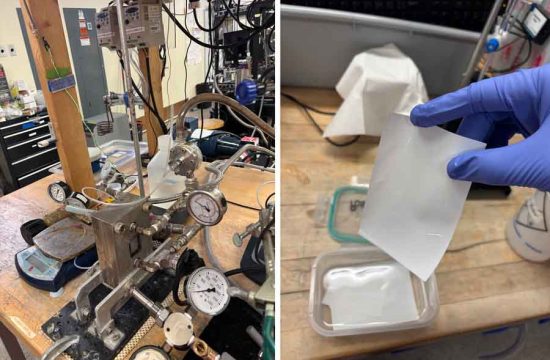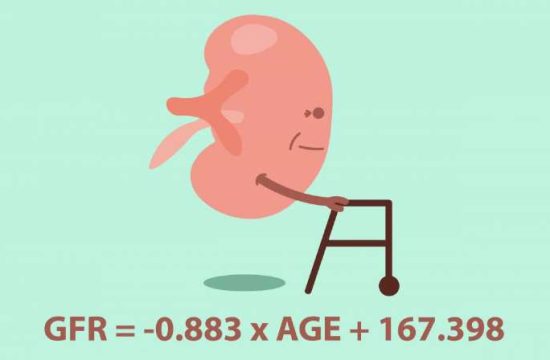
Scientists at the Immunology Frontier Research Center (IFReC), Osaka University, Japan, report a new molecular mechanism that could explain the cause of some autoimmune diseases.
While the immune system is crucial for protecting the body from infection and disease, prolonged activation can damage healthy tissue. After its activation, the immune system is shut off by specialized immune cells known as regulatory T cells (Treg cells). Understanding the development of Treg cells is thought to be critical for combating autoimmune diseases. “The development of Treg cells in the thymus depends on super-enhancer establishment,” explains IFReC Professor Shimon Sakaguchi.
This super-enhancer establishment permits the expression of genes specific for Treg cell development. “Super-enhancers appeared to be a pre-requisite for Treg cell development, so we sought molecules controlling super-enhancers,” he added.
In the most recent publication by the Sakaguchi lab, which can be seen in Nature Immunology, Sakaguchi and his team report that Satb1 regulates the super enhancers essential for Treg cell development.
Looking at the Treg cell development pathway, the scientists found that the level of Satb1 was highest before Treg cells develop, and dropped after Treg cell development. Further study showed that Satb1 bound to the super enhancers responsible for Treg cell development, but again, only in progenitors that differentiated into Treg cells and not Treg cells themselves. Therefore, Satb1 may regulate the epigenetic changes that precede the creation of Treg cells.
“Satb1 appears to be necessary for the differentiation of Treg cells, but not for the maintenance of Treg cells,” said Dr. Yohko Kitagawa, who first-authored the study.
Indeed, in mice lacking Satb1, the development of Treg cells was impaired and the mice showed symptoms of autoimmune disease. Furthermore, the progenitors cells of these mice showed inferior super enhancer activity, which resulted in less expression of the genes necessary for Treg cell development.
Based on these findings, Sakaguchi theorizes that defective Satb1-dependent super-enhancer establishment could be a cause of autoimmune diseases and allergy. “Autoimmune diseases are due to hyperactive immune systems. One cause is not having enough Treg cells. Understanding how this occurs is an important step towards treating autoimmune diseases,” he said.
Source: dddmag.com







